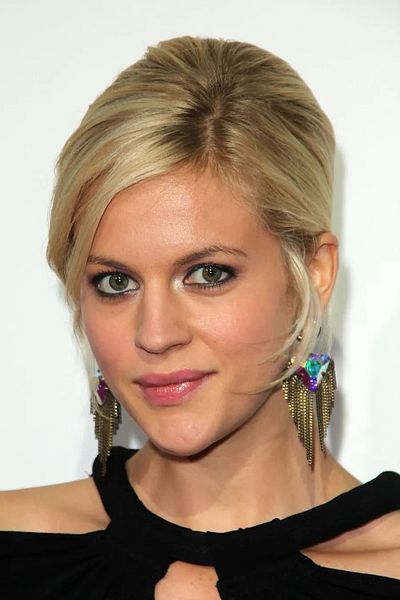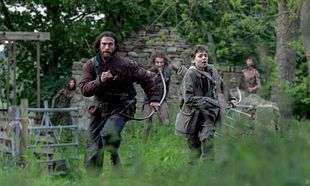Adapted from John Niven’s novel there is a reason why this story is set in 1997 of all years. Something was up. It was in the air. Britpop bands, who only two years earlier released upbeat albums, were turning out darker material. OK Computer’s positivity didn’t go further than its title, Pulp’s This Is Hardcore wasn’t fun and Blur got heavier. Jason Pierce hasn’t been as miserable since, while Bjork went all introspective and stuff. This ennui made it to dance music with Primal Scream’s comedown Vanishing Point, and with its smacking up of bitches and its Herman Goering quotes, The Fat of the Land built on the darkness (but not on the quality) of Jilted Generation. ‘Trip Hop’ felt the malaise too with Mezzanine, Pre-Millennium Tension, and Portishead’s eponymous second exploring even darker sounds.
Kill Your Friends, taking its title from Swimming With Sharks line, lives and breathes on this air of impending malevolence. In a cynical and nasty film, there isn’t a single redeemable character on show – and it revels in that. The one half-decent person, James Cordon’s drug-addled A&R boss, is bludgeoned to death by Nicolas Hoult as he, in a wink to American Psycho, extols the virtues of Paul Weller’s talents. Hoult is our anti-hero, a whoring, coke-snorting, booze-swigging, E-necking, ambitious A&R man who believes he deserved the useless Cordon’s job, hence the fatal pummelling. With new boss Tom Riley piling on the pressure to find and sign the next new indie hot young things, Hoult gets distracted when the police turn up asking awkward questions…
While Swimming With Sharks and American Psycho are obvious influences, the story follows the same plot as Altman’s The Player: if Hoult mirrors Tim Robbins’ troubled movie producer, then Tom Riley is Peter Gallagher’s rival exec, Cordon is Vincent D’Onfrio’s writer, and Edward Hogg is Whoopi Goldberg’s detective.
That the music business is a cutthroat and soulless industry is not news and is an easy target, kudos to director Owen Harris for resisting the temptation to cosy things up, to find something redeemable in Hoult’s character. Kill Your Friends sticks to its guns with the last scene is as cynical and nasty as the opening one. The spite and viciousness are relentless. If Hoult isn’t dissecting those around him to their face, or assassinating their character with his caustic narration, he does it straight to camera. He’s not alone. Hogg’s policeman is more concerned with Hoult giving him a publishing deal than cracking the case and Hoult’s one hope for redemption turns out to be worse than him. An improbable development that may be but these characters are cartoons, grossly exaggerated for dramatic and, if your sense of humour is on the shadier end of the spectrum, comic effect.
The namedropping of bands and artists who were big in 1997 is fun (a nice lounge pop version of Sneaker Pimps’ Six Underground) while others are caricatures of the real thing; the squabbling girl band is obviously Spice Girls, and is Osy Ikhile’s drum-and-bass supremo who has ‘gone experimental’ a sly jab at Goldie’s hour long epic Mother? I really hope so.
An easy poke in the eye of the music business it might be but Kill Your Friends is certainly entertaining.


















































































